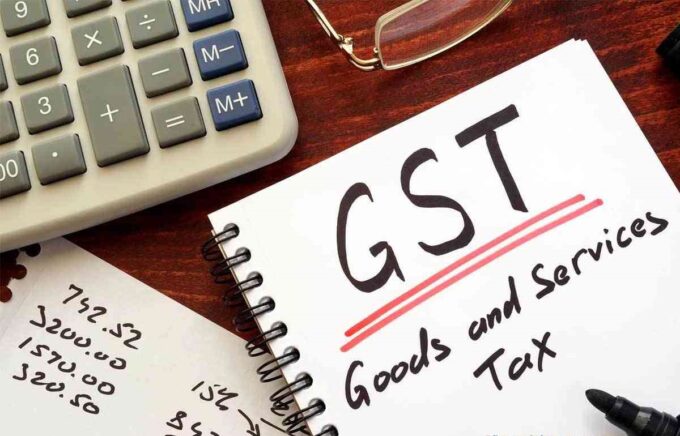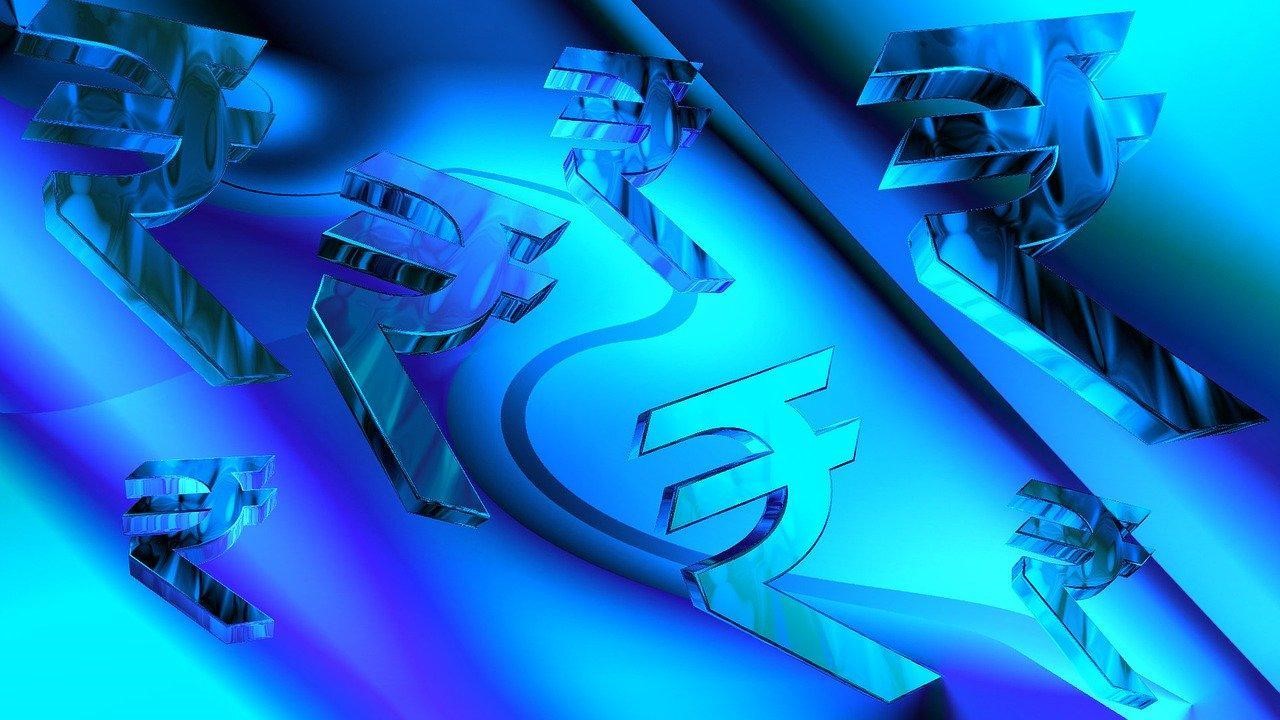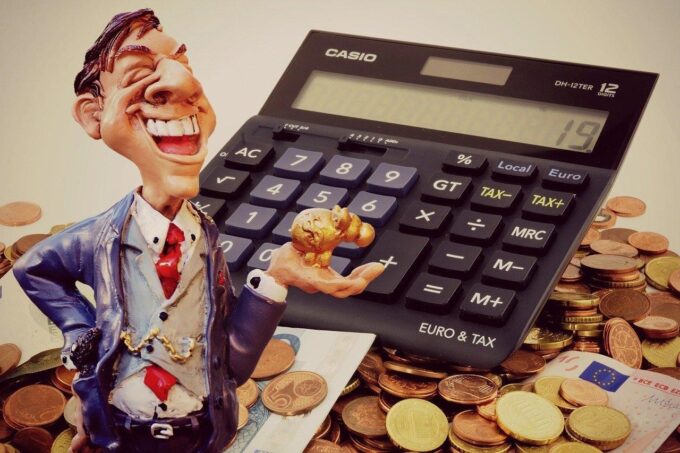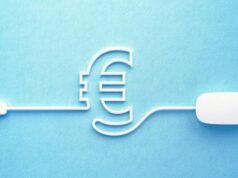“Investors should purchase stocks like they purchase groceries, not like they purchase perfume,” says Ben Graham, the famous American economist. And just like buying groceries is possible with minimal finance to survive, you can start investing or trading in the share market in India with small amounts. Click here to find more information. Yes, you do not need a huge amount of money as what is more important is having faith and patience during the process. You should clear the misconceptions surrounding the market and start with as minimum as INR 500 or 1000 depending upon your affordability.
Apart from the money that you invest, there are a few expenses including Demat Account charges that you have to pay for availing smooth trading services. There are two major depositories in India, NSDL (National Securities Depository Limited) and CDSL (Central Depository Services Limited), that have passed affiliation on hundreds of banks, financial entities. Brokerage and trading firms, etc. You need to learn about changes on Demat Account, the trading account charges, and brokerage fees for successful online trading by clicking here.
The monetary factor of investment can not be neglected no matter how cheap online platforms you choose.
Overview of The Charges Needed For Investing In Shares
| Sl. No. | Particulars | Minimum – Maximum Amount Needed |
| 1. | Online Demat Account Charges | INR 300 – 700 |
| 2. | Online Trading Account Charges | INR 500 – 800 |
| 3. | Brokerage Fees | 0.05 – 2.5 % |
| 4. | Stamp Duty Charges | 0.001% – 0.015% |
| 5. | Security Transaction Tax | 0.01% – 0.025% |
| 6. | Transaction Cost | This is a variable cost |
| 7. | Depository Participant Charges | This is a variable cost |
| 8. | Goods & Services Tax (GST) | 18% of total brokerage and transaction charges |
| 9 | Capital Gain Taxes | 15% ON short-term and 10% on long term |
The aforementioned table more or less sums up all the charges that you need to pay to the Government of India and your Depository Participant for various transactions and services throughout the process.
Demat Account Charges

The Demat Account Charges include a few items that you will pay every time you avail the service. The cost of these items is minimal and does not hit your pocket much if you are smart enough to find a good Depository Participant.
- Annual Maintenance Charge (AMC) – The AMC is the fee levied by the Depository Participants (DPs) for providing the services of easy transfer of shares and bonds securities, online access, and ensuring the safety of the account. Since there are plenty of DPs in the market, the charges are competitive and vary between INR 300 and 700 that you need to pay annually. You should not judge a DP only by how less it charges the AMC but how many services and offers it is providing against it to reap the worth of money spent.
- Certificate Conversion Charges – The Demat Account charges also include the fee taken by the DP for converting the share certificates and mutual funds units into electronic form. For every dematerialization, rematerialization, redemption, destatementization, reconversion, etc. you will pay a nominal amount between INR 5 and 30.
- Postal Charges – The amount taken for posting the physically converted shares certificates or account statements on your demand are categorized as postal charges under the Demat Account charges. It varies from 30 to 60 only depending upon the mobility of your residence area.
Trading Account Charges
The only purpose of a trading account is to enable participation in the Stock Exchanges of India including the major two, the BSE (Bombay Stock Exchange) and NSE (National Stock Exchange). Thus, you will only have to account opening charges that vary between INR 500 and 800. Since the option of a free Demat Account is available in the market, the Demat Account charges are exclusive of the account opening fee.
Brokerage Fees
As per the SEBI (Securities and Exchange Board of India) regulations, no DP is allowed to charges a brokerage fee more than 2.5% of the total traded amount. Now any amount below this defined value differs depending upon the type of brokerage service you choose. The range lies between 0.05% and 2.5%.
- If you choose a full-time broker, you will pay brokerage fees along with Demat Account Charges according to the plan you choose as there are three types of brokerage facilities available. The flat brokerage plan, variable brokerage plan, and value-added subscription plan.
- If you go with a discount broker, you will only flat brokerage charge as the discount brokers do not offer any other plan.
A smart trader always knows how to cover all the costs without affecting his savings.
Stamp Duty Charges

As per the new rules of the government active from 1st July 2025, stamp duty will be charged uniformly to all investors. Also, you will only pay for buying the shares, not the sell-side. The amount varies depending upon the types of stocks from 0.0001% for bonds to 0.015% for delivery equity trades.
Security Transaction Tax
The security transaction tax is taken by the Depository Participant against every safe transaction of the trading account. For delivery trading and equity Futures, STT is 0.01% while for intraday 0.025%.
Transaction Cost

The transaction cost is collected by the Exchanges for delivery and equity trading. The NSE charges 0.00325% while the BSE takes away 0.003% of the total turnover value.
Depository Participant Charges
A fixed amount is collected by the major depositories defined as the “Depository Participant” charges for every share you buy. The amount is between INR 10-20 plus the GST(18%).
Goods & Services Tax (GST)

GST is applicable on every service you avail within the geographical boundaries of India and trading service is no exception to it. You need to pay 18% GST on the total transaction costs you incur during the financial year.
Capital Gains Tax
If you sell off your shares within a year of purchase, it will fall under short-term capital gains and you will be paying 15% of your profits to the government. If you sell it after a year, it will be counted as long-term capital gains costing you 10% of profits incurred from the sale.
This brings us to the conclusion that you do not need huge wealth or financial backup for trading in the share market. You will pay for what the services availed and income earned and all these payments will be worth it given the gains of investments are limitless.










